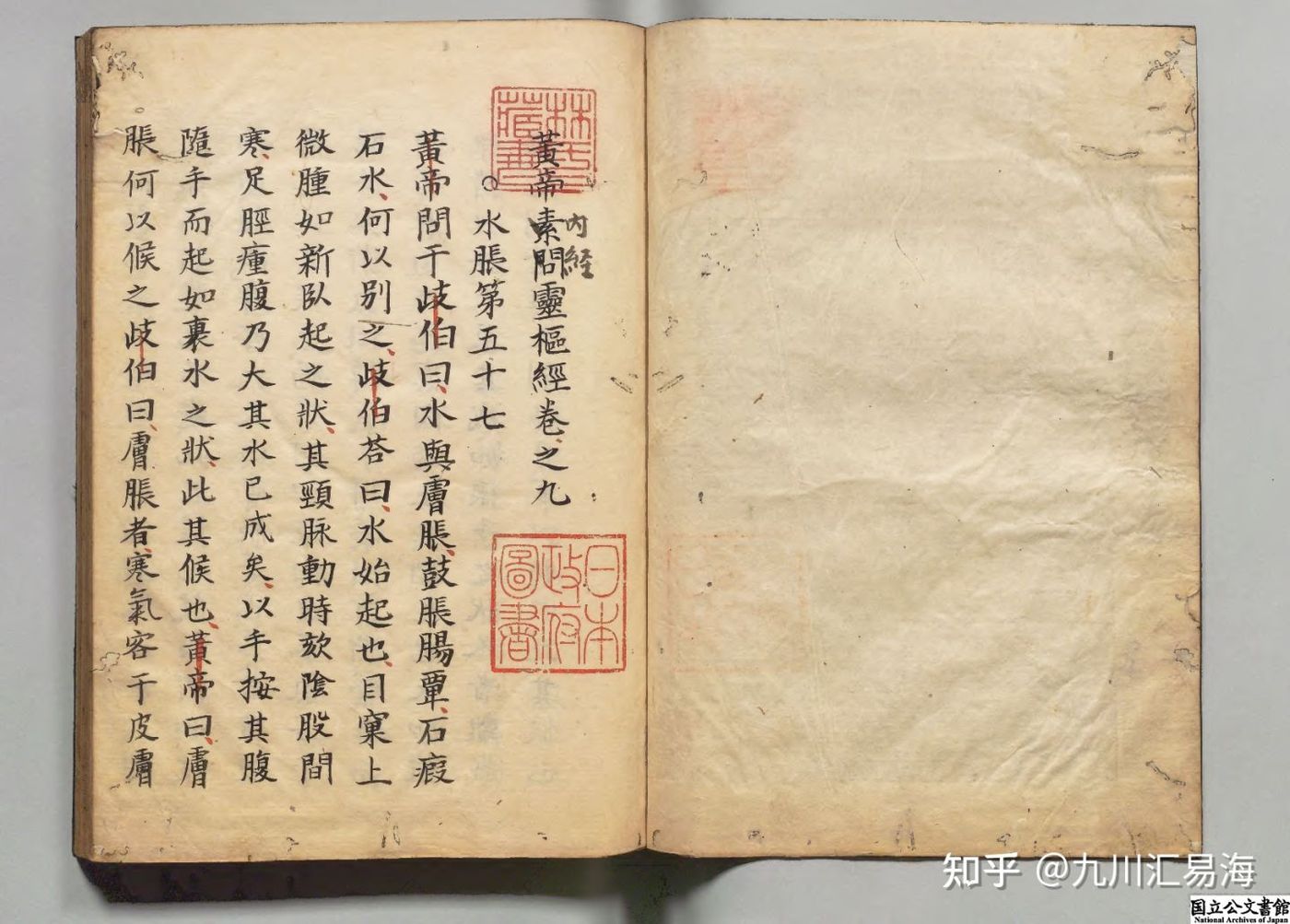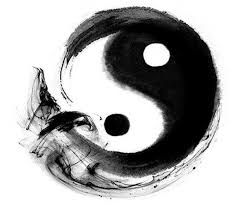shame, disgust, filth, evil, blood, filth, menstruation
Before reading this article, close your eyes and try to think of three words that describe menstruation in your mind.
OK, you can continue reading this article.
In 2015, Canadian artist Rupi Kaur posted a series of art works related to menstrual blood on IG, including accidentally exposed blood, women curled up with abdominal pain and discomfort. The photo caused a heated discussion, but was immediately taken down by the social platform (IG).


Whether it is Facebook or IG, there is an automated censorship mechanism that can identify sensitive images such as blood and violence. Yes, maybe this line of thinking is correct, but let's think again, women's menstrual blood actually needs to be distinguished from bloody, disgusting, and fishy things. For seemingly normal and unmistakable reasons, menstruation is classified in this way. In such a "small circle". The imagination of menstrual blood is indeed classified in such elements as "disgusting" and "need to cover up". Why is this? Is that what it was originally? Or is it just our imagination?
In addition, a recent film in India that discussed women's menstrual problems placed the Hindu god "Kirku" on the sanitary pad on its promotional poster, causing dissatisfaction among the people, and the film team was even accused of it. The law that the police is relying on is blasphemous, and it is unavoidable to further contemplate how dirty a woman's menstrual cycle is, so dirty that even a spotless sanitary napkin can be accused of blasphemous filth.

Next, let's dig into the history of people's long-term unfriendlyness to women's menstrual blood!
The earliest extant traditional Chinese medical book "Huangdi Neijing" has records of women's menstruation. The ancient books of all dynasties have one thing in common: mystery. Women's menstruation flows out of private parts, which makes the ancients somewhat confused. On the other hand, it is influenced by the traditional concept of yin and yang and five elements. Therefore, women's menstruation has been incorporated into a set of ideological norms and regarded as some kind of mysterious force . be feared.

Traditional Chinese society is afraid of this power, and sees it in the eyes of "dirty" and "evil" . Why do they view it in this way? Some scholars believe that this is because the female private parts are so close to the anus that they are associated with the same filth; some scholars believe that the ancients projected a mystical phenomenon related to the gods about women being able to shed blood from the private parts. It is a pity that such gods only occur in women, so instead of fearing such powers, it is better to stigmatize such powers as "evil", shame women, and make people avoid them. , to circumvent such forces.
But interestingly, this power can also be used to cure diseases, prescribe medicines, and even defeat enemy tactics. That is to say, as long as there is a need, the society and the country can easily manipulate and manipulate this mysterious force with "menstruation" as the target.
On the contrary, women in traditional Chinese society are quite far from their menstrual blood. It can be said that it is the medium between the mysterious power and the male. Women are seen as weak and unable to control this mysterious power (in some primitive societies, women are regarded as strong because of menstruation), in other words, women are in In the logic of " Mystic Power-Female-Male ", it is shaved off by men. In a male-dominated society, this mystical force is evil and filthy, but it is powerful and serves men when men need them.
In the context of the development of Chinese history, women have almost no chance to manipulate this mysterious power. Since the Han Dynasty, the concept of yin and yang and five elements has been deeply integrated into the system of Chinese thought and philosophy. Whether it is the classics of the Han Dynasty or even the Neo-Confucianism of the Song and Ming Dynasties, the concept of the five elements can be seen, not to mention the people's observance of yin and yang and even religion. . In the concept of yin and yang and five elements, women are classified as "yin", which are weak, weak, and need to be protected; men are "yang", masculine, brave, and have responsible. Therefore, the gods carried by menstruation must be controlled by men, but also feared by men.

In addition to China, there is a surprising consistency in the views on women's menstruation around the world. In general, women's menstruation is often associated with mystical powers. Japanese folklorist Nori Miyata once pointed out that when science was not so developed, people intuitively associated with death when they saw blood, so menstruation was trapped in the mysterious association of "bleeding-death".
In addition, other Japanese scholars believe that the emotional ups and downs reflected by women's menstruation were the manifestation of "God's will" in ancient times. Compared with men with normal emotional ups and downs, women were regarded as a group that was closer to God, and were even supported for this reason. be king.
The Maori in northern Europe called menstruation "moon disease", and believed that the menarche was because the moon god had sex with the woman while she was asleep. In addition to symbolizing the maturity of the woman, it also symbolized the union with the mysterious power.
People have come up with all kinds of methods to block this filthy, dirty but sacred power, and there are countless rules for menstruation. For example, in the Book of Leviticus in the Bible, it is mentioned that women are not allowed to touch sacred objects or enter sacred places when they are menstruating; Nepal and Japan used to have so-called "menstrual huts". They cannot come out to see people or even take a bath; traditional Han society does not allow women who are menstruating to participate in weddings and funerals, nor do they allow them to worship or even enter temples with incense; traditional Judaism does not allow menstruating women to sit on the same chair as men Above, after menstruation is over, a purification ceremony must be held to be considered "clean".
When it comes to "mysterious power", we have to talk about the famous "Annie's Diary". In the book, Annie describes her menarche as a " sweet mystery ". Such a cute and neutral description is even used by the well-known Japanese sanitary napkin brand "Annie" as its brand name and core spirit. It's just that such a sense of mystery has been repackaged and utilized by patriarchy, shaping various cultural phenomena in contemporary society, showing men's fear of the mystery and the unknown.

In modern society, this "mysterious power" still affects women, and it has not disappeared due to the advancement of technology. After all, patriarchy requires this set of constraints. Women's menstrual shame is hidden in the so-called "big aunt", "that's coming" and other words, menstrual shame has still penetrated from ancient society to the present.
History and tradition, under the guidance of patriarchy, have weighed heavily on the female body without subjectivity. Menstruation is still ashamed, unspeakable, taboo, dirty, and needs to be censored. ...
However, as long as a man wants to use it, he can still easily say "you don't have to go to gym class when your period comes."
A little bit of sorting out the restrictions and constraints on women's menstruation that have appeared in history around the world:
- Not allowed to enter or leave the temple
- You can't say goodbye to incense
- Do not touch religious instruments at will
- No access to public areas
- no contact with people
- Not allowed to have sex with men
- No contact with men
- Can't talk to men
- Can't sit in the same chair as a man
- Do not touch the Quran
- You can't sit on a (singer) box with a helmet
- No access to the kitchen
- no bath
- Do not water plants
- Can't go to school
- Do not throw used sanitary pads in the trash bag
- Not allowed to participate in any weddings or funerals
- Do not approach fishing boats
- Not close to the project site
Welcome to share the taboos about menstruation that you have heard about in the message area, and share it with you!
Relentless Business PART1:
In the construction of the Bar Learning Community, welcome to create a friendly and decentralized learning community together! Join us to supervise each other and learn from each other!
Tonight at 9:30 p.m., we will read the book "Gender Ties: Demolition of Patriarchal Illegal Buildings" . Those who haven't read the book are fine. Interested friends, welcome to join our DC group to discuss!
Ruthless business PART2:
New DemiHuman project: DemiHolim casting!
Like my work? Don't forget to support and clap, let me know that you are with me on the road of creation. Keep this enthusiasm together!






- Author
- More